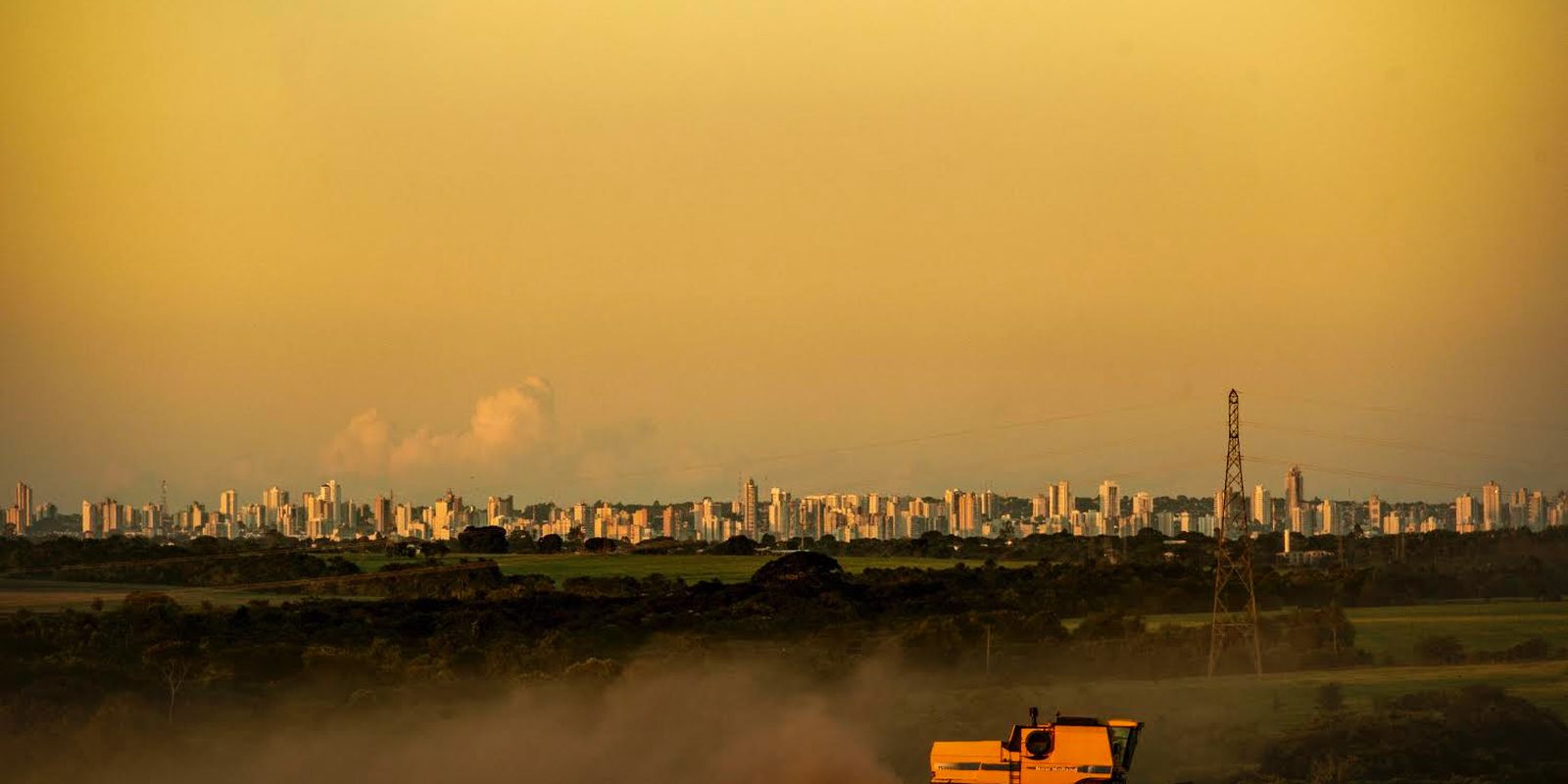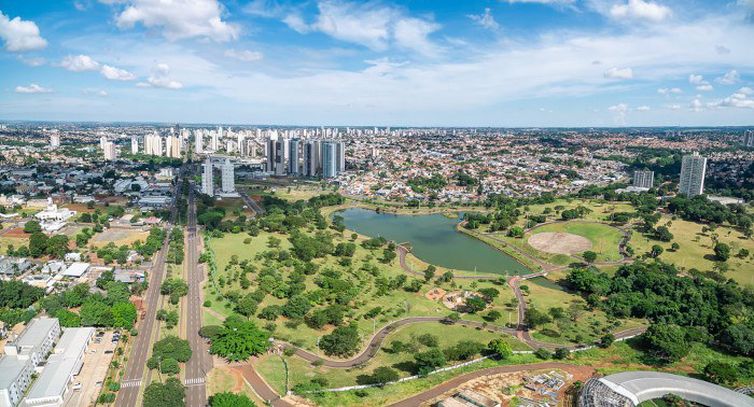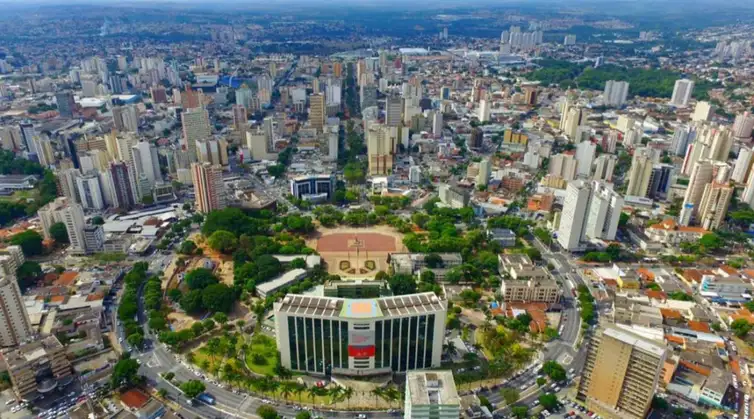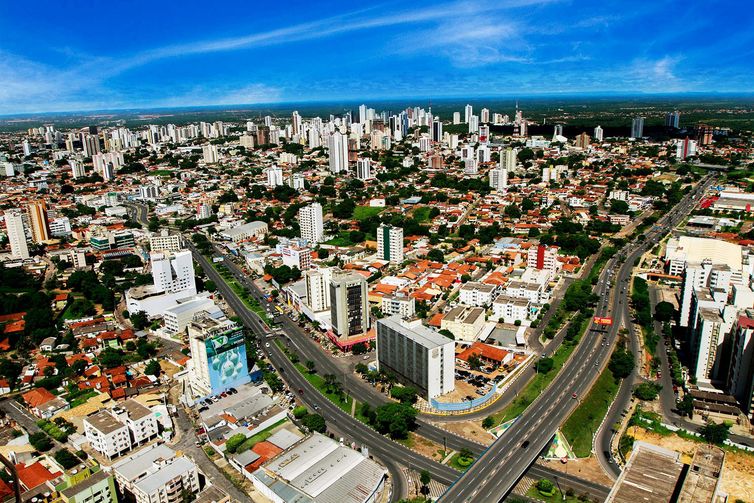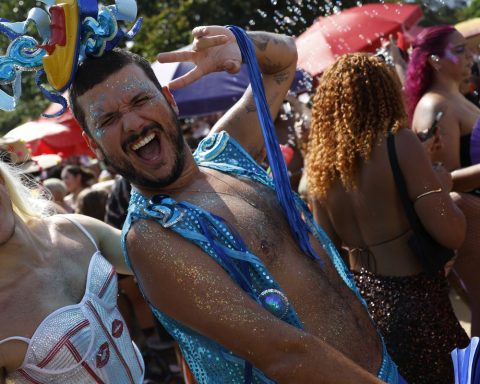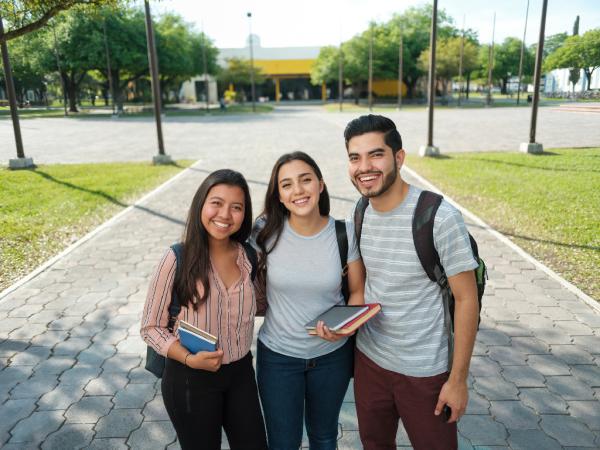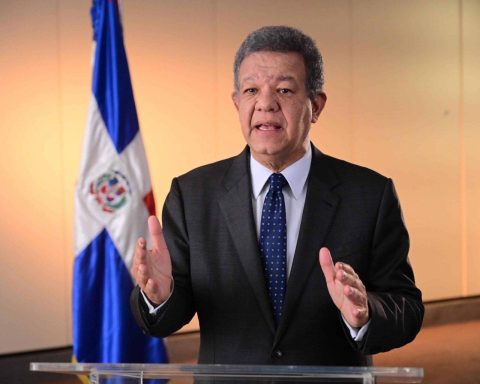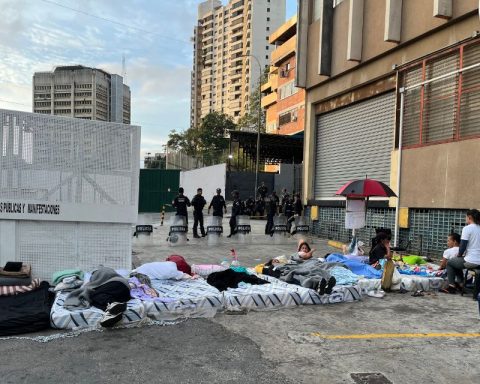In the 2022/2023 harvest, Brazil produced around 323 million tons of grains, a volume 18% higher than in the previous cycle. The result contributed to the Gross Domestic Product (GDP) of agriculture recording growth of 15.1%, well above the increase in industry (1.6%) and the services sector (2.4%).

According to the Brazilian Institute of Geography and Statistics (IBGE), the increase in agriculture was mainly due to the growth in production and productivity gains. Soybeans (27.1%) and corn (19.0%) broke production records in the historical series. These crops have among their main producers the states of Goiás, Mato Grosso and Mato Grosso do Sul.
Contrary to positive expectations, the capitals of these three states present social indicators that contrast with the economic strength led by agribusiness. Campo Grande, Cuiabá and Goiânia have GDP per capita below the national indicator (R$ 50,193.72).
In the third decade of the 21st century, none of the three capitals achieved universal sanitation. All are far from leading schooling rates and having the lowest infant mortality rates, according to data from Cities and States of Brazil platformmaintained by IBGE.
Indicators
Campo Grande, the 17th most populous Brazilian city, ranks 3,412th in average salary among 5,570 locations. There are more than 2,060 Brazilian cities with better percentages of schooling among children and adolescents (6 to 14 years old) than those in the capital of Mato Grosso do Sul and almost 3 thousand municipalities with lower rates of infant mortality (11.9 per thousand live births ). Only 16.6% of Campo Grande households have sewage treatment.
Cuiabá, the 31st city with the largest population in the country, is in 4,692nd place in terms of schooling for people in the age group corresponding to primary education. The capital of Mato Grosso is surpassed by more than 3,380 cities in infant mortality rates (13.63 per thousand live births). One fifth of households do not have sewage treatment.
The tenth most populous city in Brazil, Goiânia is the 4,281st place in schooling for children and adolescents aged 6 to 14. The headquarters of Goiás has around a quarter of its homes without sanitary sewage, and the mortality rate (10.17 in a thousand live births) is worse than that of more than 2,500 Brazilian cities.
Brazilian disparities
For the general coordinator of the Sustainable Cities Program, Jorge Abrahão, the above indicators highlight the “disparity” between the conditions of these capitals in the Central-West Region to face their problems and adopt effective public policies.
“They are rich cities in the sense of having resources and capacity to structure services. Much larger than almost all Brazilian cities”, points out Abrahão.
He assesses that the three cities “concentrated a level of development, due to agribusiness, that has been quite high in recent times, but they reproduce the model that takes place in the country.”
In a study for this year’s municipal elections, the Sustainable Cities Institute compiled other socioeconomic indicators to show voters and candidates for mayor and councilor the major challenges in managing Brazilian cities – such as violence, human rights violations and carbon dioxide emissions ( carbon dioxide – CO2).
Deaths of black and indigenous people
In Campo Grande, Cuiabá and Goiânia, young black and indigenous males (15 to 29 years old) die more from murders than white and yellow boys and adults. In Cuiabá, the homicide rate is 10.13 young black, mixed-race and indigenous people per 100,000 inhabitants – ten times higher than the rate for white and yellow people (0.95).
The difference in homicide rates between different population groups has an impact on the average age at death. In Goiânia, whites and yellows die on average at 71.3 years old – 7.4 years more than blacks and indigenous people, who on average die at 64.2 years old.
In addition to racial discrepancies, the Sustainable Cities Institute also checks sex/gender inequalities. In the three capitals of the Midwest, men earn more than women. In Goiânia, the difference in income is 28.03%. In Cuiabá, 22.9% and in Campo Grande, 18.95%.
In the three cities, the participation of women in command of municipal departments is also low. In Campo Grande, women occupy 38.5% of municipal departments. In Cuiabá, this percentage is 29.4%. In Goiânia, the proportion is even lower: 17.7%.
Participation
A positive point is that the three cities implement most of the policies for participation and promotion of human rights with the installation of councils recommended by law, such as guardianship councils and councils for the promotion of human rights, children’s rights, personal rights elderly; rights of people with disabilities; lesbian rights, gaysbisexuals, transvestites and transsexuals; racial equality rights or municipal council of traditional peoples and communities. Cuiabá implemented 85.7% of these participatory bodies, while Campo Grande and Goiânia have 71.4% of these councils in operation.
Finally, the Sustainable Cities Institute observes low capacity for risk management and prevention of climate events in the three capitals of the Central-West. None of the cities achieves half of the recommended strategies for planning and managing risks such as disasters resulting from floods, gradual floods, flash floods, sudden floods, landslides or sliding down slopes.
If there is a lack of planning and risk management during the rainy season, municipalities may suffer from drought and fires in the Cerrado biome, which favor CO2 emissions. Cuiabá and Campo Grande are among the four Brazilian cities with the highest net carbon dioxide emissions: 3.81 tons per inhabitant in the capital of Mato Grosso and 4 tons per inhabitant in Campo Grande.
As reported by Brazil Agencythe deforestation in the Cerrado generated the emission of more than 135 million tons of CO2, from January 2023 to July 2024.
